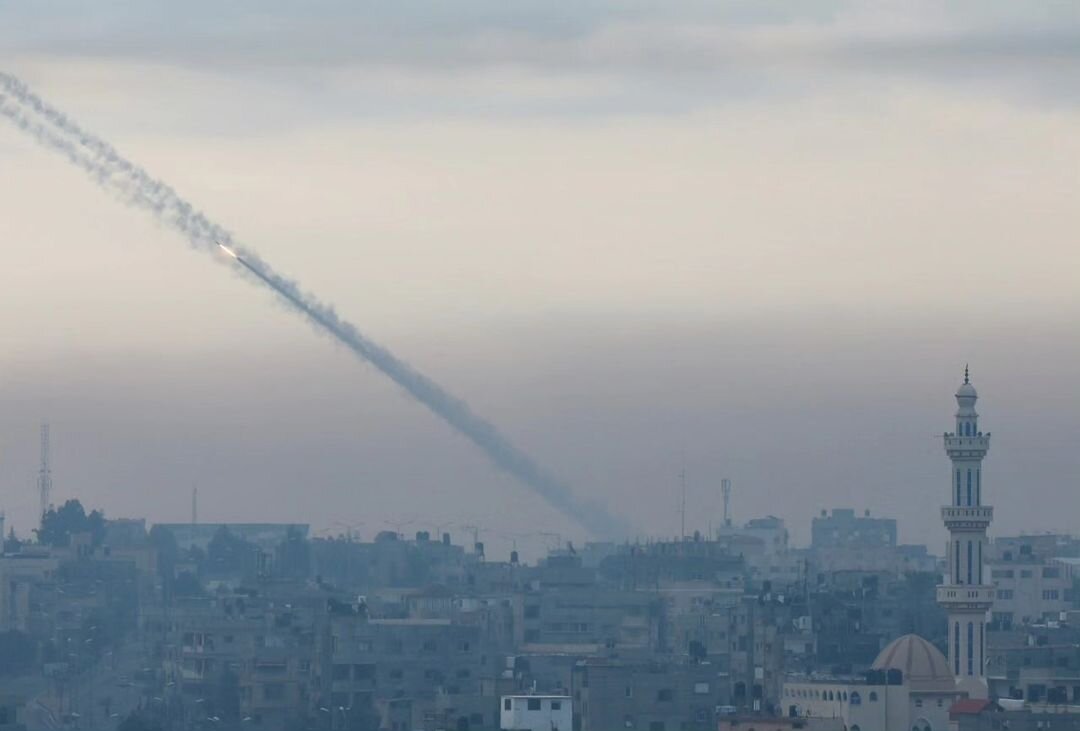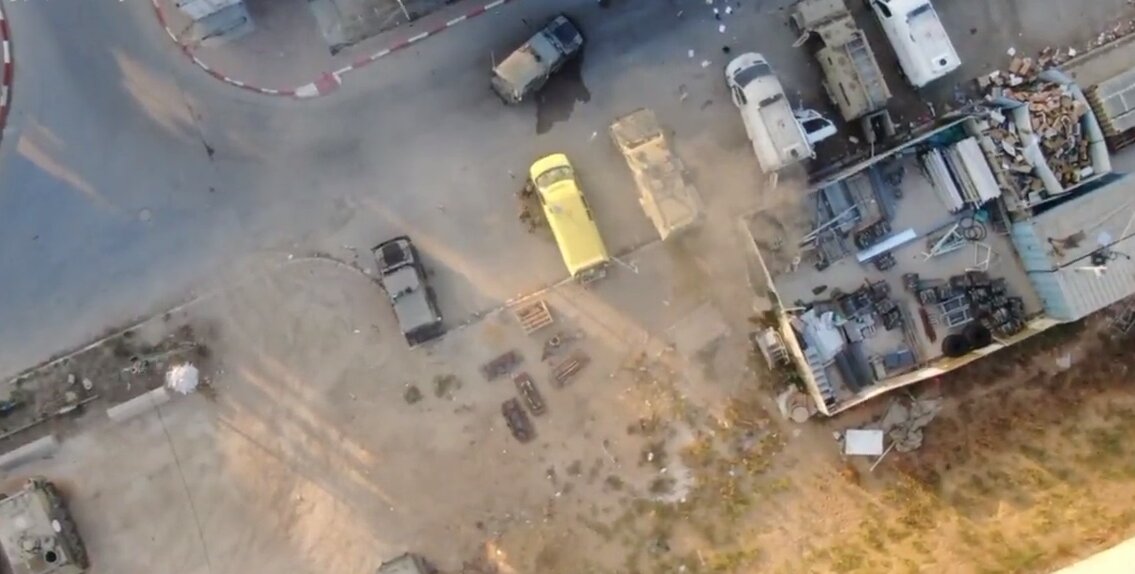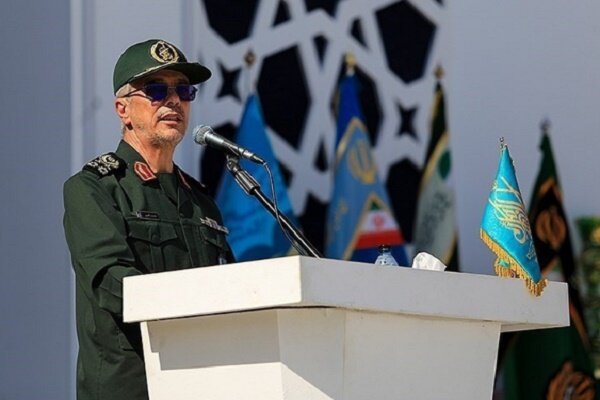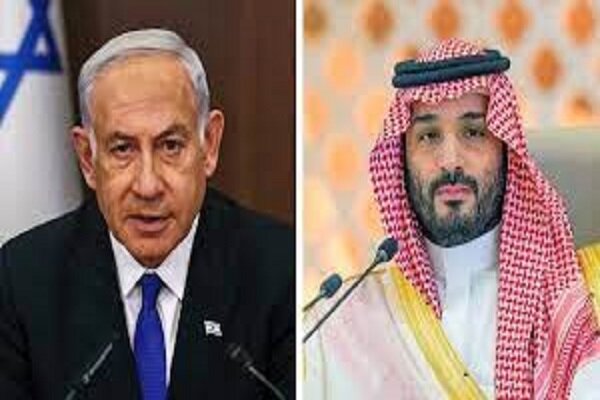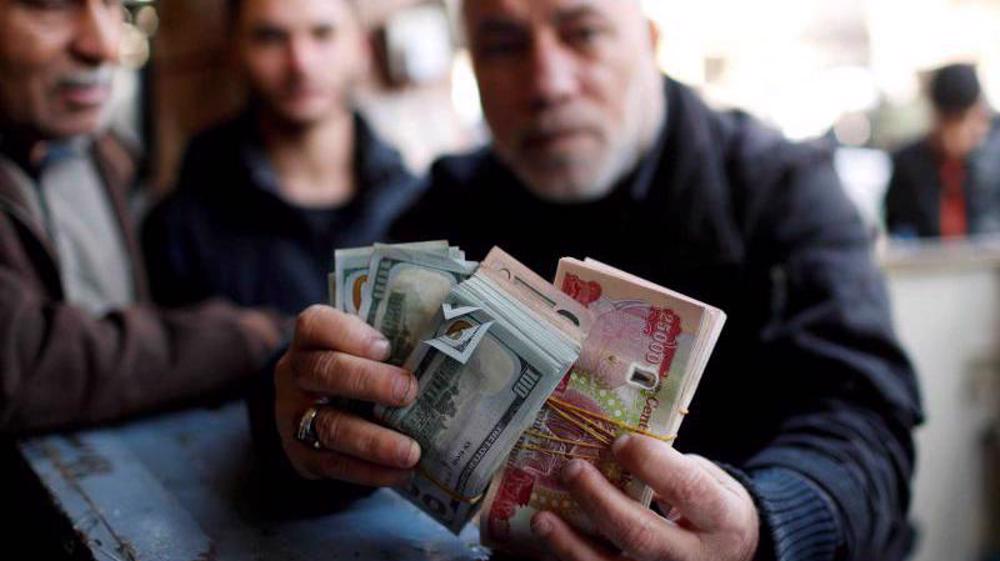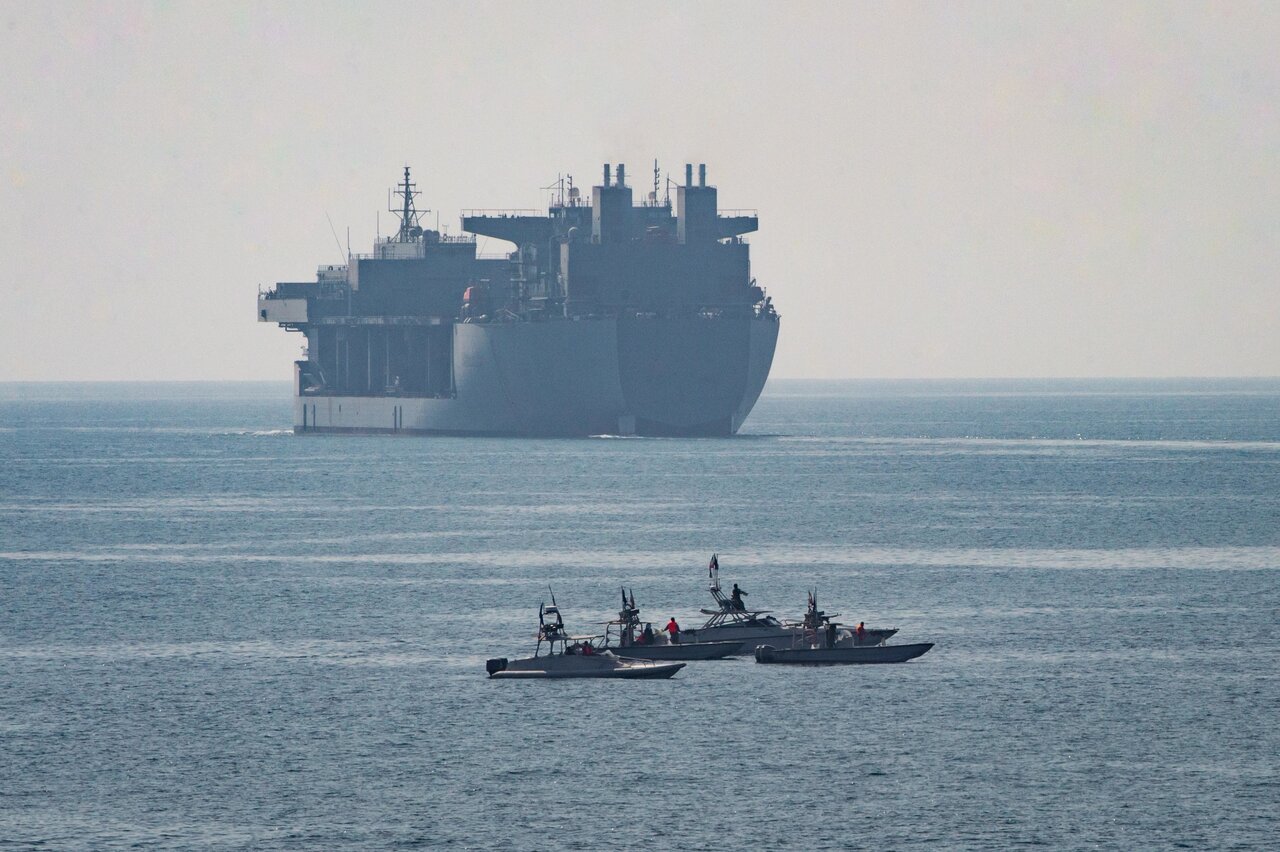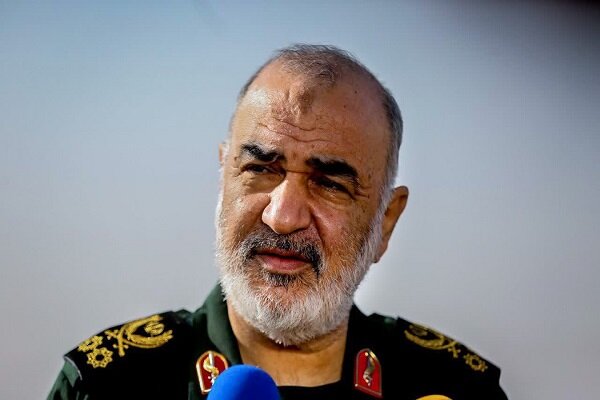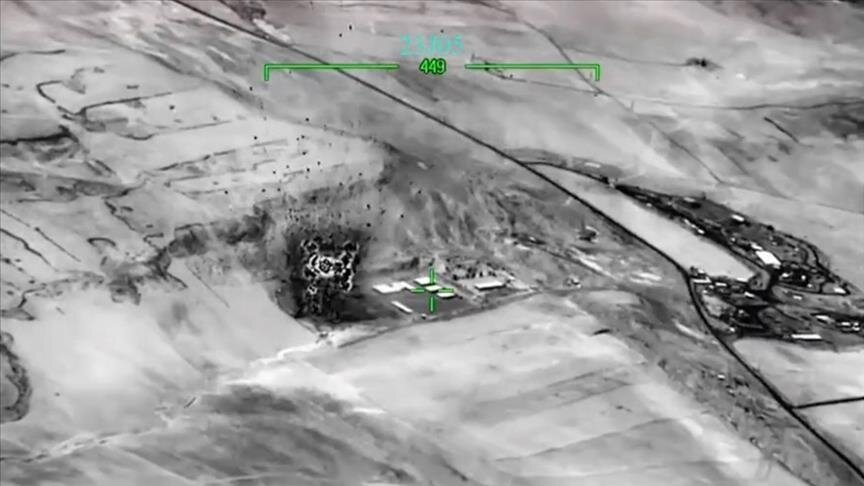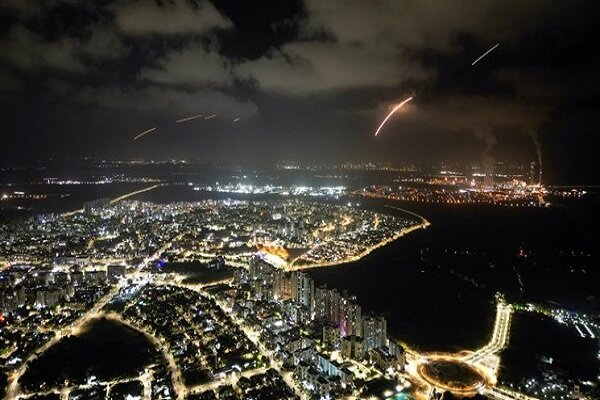Despite speculations about establishing relations between Saudi Arabia and Israeli regime, the author of this article, Seyed Hadi Borhani, a professor of Israel and Palestine studies believes that the obstacles facing these relations are too much to be ignored or underestimated.
These obstacles, which can frustrate the normalization process between Saudi Arabia and Israel, are discussed in the following cases:
– Saudi Arabia has a long and historical record of supporting Palestine and it has borne a lot of financial and human costs in the war with Israel. All the polls conducted in Saudi Arabia confirm the widespread opposition of the people of this country to establishing relations with the regime.
Therefore, agreeing to normalization has no chance of success in any democratic process and can only be imagined through coercion, force, and imposition of dictatorial processes which can cause widespread dissatisfaction at the official and unofficial levels in Saudi Arabia.
– Opposition to normalization is not limited to Saudi Arabia and Palestine but includes all Islamic countries. According to the survey by the Arab Center for Research and Policy Studies, the majority of people in all Arab countries are against normalization.
This opposition includes countries that have established relations with Israel, such as Egypt, Jordan, and Morocco. In fact, all the normalizations that have taken place in the Islamic world so far have been undemocratic with a lack of popular credibility.
– The opposition of the people of Saudi Arabia, Palestine, and other Islamic countries to the normalization of relations with Israel at this particular moment is due to the extremism and excesses of Netanyahu’s religious government which exceptionally has been accompanied by widespread opposition to this normalization in Western societies and even the Jewish community of Israel. Accordingly, Western governments do not seriously support this normalization and the current US government does not agree on this.
– The Palestinians’ opposition is rooted in certain historical facts, all of which confirm the fact that recognizing Israel and making peace with it not only does not help the Palestinians but also has a very negative impact on their position and struggle for the liberation of Palestine and puts Israeli regime in a better position to usurp their rights and completely Judaize this land.
– Saudi Arabia is the headquarters of the Organization of Islamic Cooperation and its most important supporter which was established for the liberation of Al-Quds. The normalization of relations with Israel, while the overwhelming majority of Islamic societies are against it, and also the majority of Islamic countries that do not have a relationship with it will face Saudi Arabia with unprecedented challenges.
– Racist discrimination against Palestinians forced Western human rights organizations such as Amnesty International and Human Rights Watch to officially acknowledge the existence of the inhuman apartheid system in Israel. Peace with the Israeli regime in such circumstances is a reward for the crimes and apartheid of the current extremist government in Israel and will encourage them to put more pressure on the Palestinians.
– Before the reconciliation between Iran and Arabia, the closeness to Israel had a certain justification. The Saudi statesmen could consider the danger of Iran and its policies as a reason to be close to the regime of Israel and an alliance with this country to deal with the common danger, of Iran. This justification could convince a group inside Saudi Arabia (or outside it) that Saudi Arabia, due to heavy pressure from Iran, and despite its inner desire, was forced to give in to such a relationship.
But now that Iran and Saudi Arabia have reconciled and are solving their differences and mutual problems, this justification has lost its effectiveness. The dimensions of this important development show that the said reconciliation is not a tactical and temporary move. Iran has not only stopped its propaganda attacks against Saudi Arabia but has adopted a positive propaganda position towards Saudi Arabia.
According to the behavior of the current government of Iran and the related discourses indicates that Iran is seriously ready to cooperate with Saudi Arabia on a wide range of international issues and at the highest levels. Iran attaches great importance and value to Saudi Arabia’s distance from Israel and is ready to prove it in practice.
Saudi Arabia can use this opportunity to solve its security concerns and solve regional problems. Iran has even announced that it is ready to help Saudi Arabia with the peaceful use of nuclear energy. Peace with Israel could jeopardize Saudi Arabia’s use of this unprecedented opportunity.
The cases mentioned above are some of the obstacles that Saudi decision-makers face to get closer to Israel.
The position of public opinion and the audience of these decisions in the Islamic world, both inside Saudi Arabia and outside it, is very decisive.
If the silent majority of the Islamic world, especially scholars, intellectuals, and religious authorities, who are against this relationship, show their opposition to normalization in any possible way, the space of the relationship will be limited and even closed.
SD/ khabaronline


